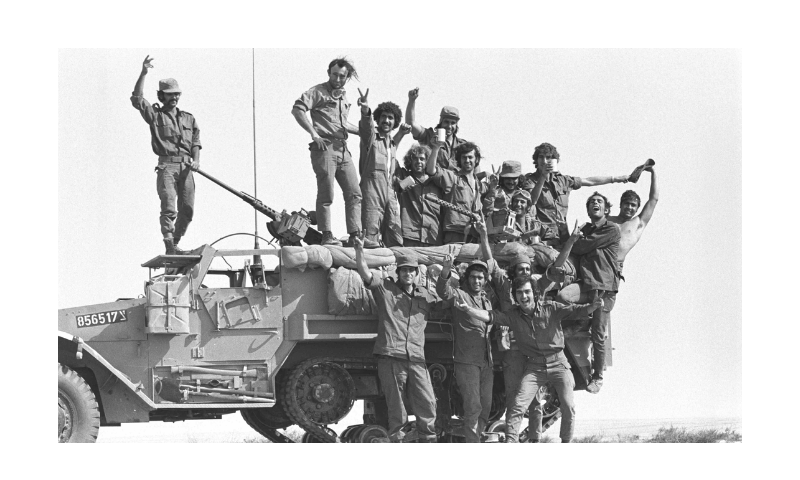Herb Keinon
Jerusalem Post, Sept. 23, 2023
“This was the trauma of going from such a high after the victory of 1967, to falling so low. It was the trauma of the surprise, and feeling let down by the military, in which people placed so much faith.”
Israelis love to beat their chests in self-reproach, and nowhere is this more evident than in how they have framed the 1973 Yom Kippur War for the past 50 years.
On the last day of the war, October 24, 1973, Israel found itself on the western side of the Suez Canal, with the entire Egyptian Third Army surrounded and just 100 km. from Cairo. In the North, the IDF had crossed the Golan Heights into Syria and was within 32 km. of Damascus, about the distance from Jerusalem to Beit Shemesh. All this occurred after the country had been outgunned, outmanned, and caught completely by surprise on the holiest day of the Jewish year.
In Egypt, the October or Ramadan War, as it is known, is commemorated each year by military parades, public speeches, concerts, sporting events, and trips to the Cairo museum glorifying the war. In Israel, it is marked by somber music, war memorials, and endless discussion about the failure of Israel’s intelligence, its political leaders, and the military – in short, a colossal collapse.
How’s this for reframing: The Egyptians celebrate this military conflict – where they lost thousands of soldiers (Cairo never released official casualty figures, but the numbers are believed to be between 8,000 to 20,000 dead) and where their capital was left undefended – as a great victory. Meanwhile, Israelis, who miraculously turned the initial tide of the war from disaster into a head-turning success, view it as a catastrophe.
Why? Why does Israel view the Yom Kippur War as a disaster despite winning?
… [To read the full article, click here]


